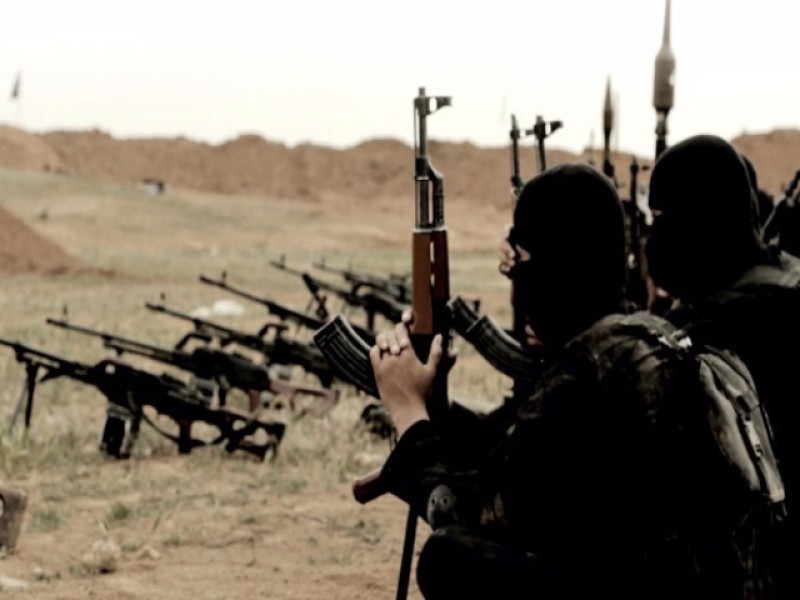- Home/
- News
Religious Extremism Has Grown In Kosovo*, UN Study
UNDP analysis blames rise in extremism in Kosovo over last two decades on factors including corruption, unemployment, Kosovo's isolation - and the activity of Middle Eastern-based humanitarian organisations.
The United Nations Development Program, UNDP, on Wednesday published analysis on prevention of violent extremism in Kosovo, reporting an increase in the influence of extremist groups during the last two decades in Kosovo.
The report says the main "push" factors include disappointment with current systems, corruption, unemployment, poverty and other socio-economic factors, a weak educational system, an identity crisis, religious indoctrination, stigmatisation - and a general sense of isolation from the world.
Female-specific factors include the obligation of married women to join their husbands and indoctrination through informal or religious teachings on the internet and by radicalised relatives.
The main "pull" factors identified by the focus groups are personal convictions and philosophical commitment, the expectation of material and spiritual rewards, and the influence of some Middle Eastern-educated imams and Middle Eastern humanitarian organisations active in Kosovo after the 1999 conflict.
According to the analysis, the threat of terrorist attacks in Kosovo remains permanent, unpredictable and long term, and should not be judged only by the number of people joining terrorist organisation such as ISIS.
The study suggests that cooperation between police and imams is necessary, while more importance should be given to rehabilitation programs and solutions sought by engagement at local levels.
Education and cooperation between institutions and communities at all levels is the key for sustaining long-term approaches to preventing violent extremism.
The key actors that must engage in preventing violent extremism, according to the findings, are municipalities, civil society and religious communities.
This analysis is complemented by the findings from three focus groups organized in January 2017, in Prishtinë/Pristina, Gjilan/Gnjilane and Hani i Elezit/Elez Han.
This study analysed the perceptions of Kosovo citizens about violent extremism and the resilience of society vis-à-vis internal and external pressures conducive to the penetration of extremist religious ideologies and the ways in which institutions can increase their resilience.
Around 100 people have been arrested in Kosovo since September 2014 on charges of active membership of, or affiliation to, Islamist groups including ISIS and Al-Nusra.
More than 50 are on trial. The authorities estimate that about 300 Kosovo Albanians have joined ISIS and Al Nusra in total.
As BIRN previously reported, the EU's annual Terrorism Situation and Trend Report, released June 15, says terrorists are still joining the conflict in Syria from the Balkans, which remains a route to and from the conflict zones in the Middle East.
"Bosnia and Herzegovina, the so-called Sandzak region [between Serbia and Montenegro], Albanian-speaking territories in Serbia and the former Yugoslav Republic of Macedonia, Kosovo, and Albania until recently were considered the main hotspots for radicalisation, recruitment, and facilitation activities of FTFs destined for Syria,” the report added.
Source: LINK
--
(*This designation is without prejudice to positions on status, and is in line with UNSC 1244 and the ICJ Opinion on the Kosovo Declaration of Independence.)



 Development of specialized PCVE web site is funded by EU FUNDS CN 2017-386/831 - "IPA II 2016 Regional Action on P/CVE in the Western Balkans"
Development of specialized PCVE web site is funded by EU FUNDS CN 2017-386/831 - "IPA II 2016 Regional Action on P/CVE in the Western Balkans"